 |
| Stonehenge |
Phelips had to make contact with Colonel Gounter about Charles’s passage, so “that same afternoon [he] having safely delivered the King into the hands of Dr. Henchman in the field nere Hele, went that evening (leading the Horse the king rode on) to his most faythfull friend Mr. Jones his house at Newton-Tony.”
 |
| Racton House, Col. Gounter's home, in 1789 from Alan Fea's The Flight of the King |
 |
| Col. Gounter in 1642 |
“After a bottle of sack, which afforded some matter of discourse by reason of twoe wasps, or rather hornets, which came out at the opening, a short collation being made readie as soon as could [be] … my Lords man, one Swan, comming in to waite, whispered his master in the eare and told him my Lord Wentworth’s boy Ponie was without, and wished him to be carefull, for feare the boy should knowe him.”
After supper, “the noble Lord and Colonel being alone, he broke the busines unto the Colonel with these words, sighing: ‘The King of England, my maister, your maister, and the maister of all good Englishman, is neere you, and in great distresse. Can you helpe us to a boate?’ The Colonel, looking very sadly, after some pause said, ‘Is he well? Is he safe?’ He said ‘Yeas.’ The Colonel replyed, ‘God be blessed.”
Wilmot told
Gounter that the plan when he had left Salisbury was that the king should be
brought to Gounter’s house on Wednesday.
Gounter was very willing to help, but told Wilmot “for all he lived so
neere the sea, yet there was noe man living soe little acquainted with”
seafaring men, but he would do all within his power.
 |
| Interior of Racton House in 1789 |
When he left
Wilmot and went to his bedroom, he found that his wife was very suspicious. She was sure that Wilmot was not the Mr.
Barlow he claimed to be, and that his presence surely meant danger. He tried to reassure her that all was well
and she didn’t need to worry, but she said “Shee was confident there was more
in it then soe, and enough, shee doubted, to ruine him and all his family,’ …
breaking out into a very great passion of weeping.”
So, “the
Colonel … tooke a candle, pretending to goe into the next roome; but privately to
my Lord Wilmot.” He told Wilmot how
upset his wife was and asked permission to let her know what was going on. Wilmot agreed. Gounter explained the situation and “wiped the
teares of his ladyes eyes, whoe, smiling, said ‘Goe on, and prosper. Yet I feare you will hardly doe it.’” |
| Mrs. Hyde of Heale House |
Back at Heale House, Charles was safely ensconced in a hiding hole, and no one but Mrs. Hyde and her sister knew he was there.
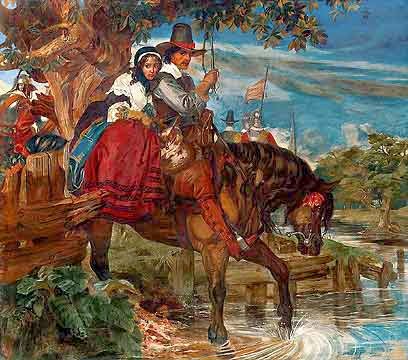
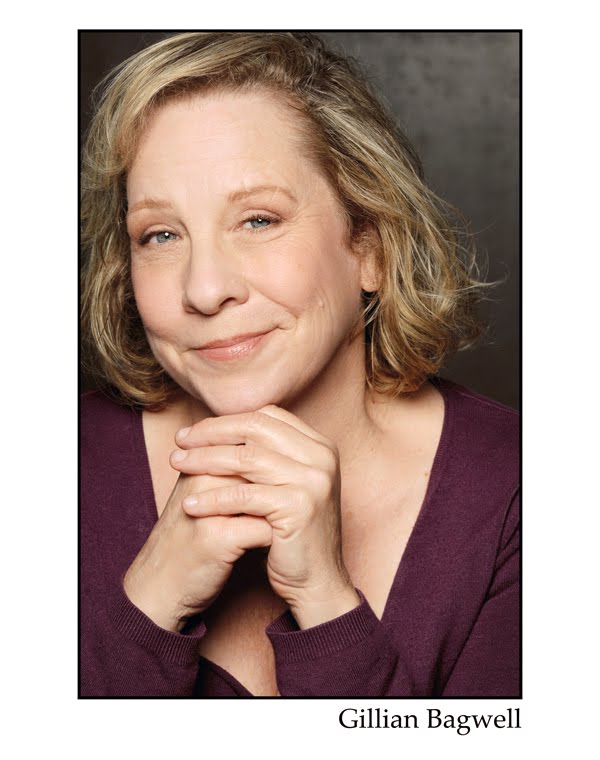
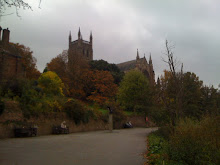
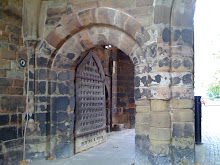



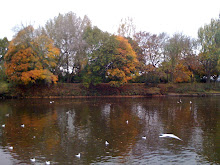
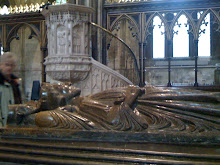
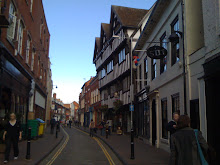

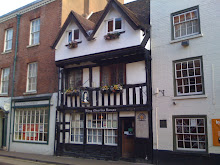
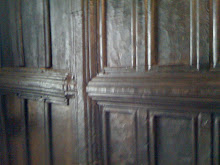
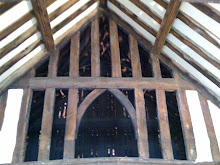



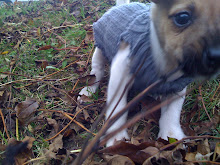

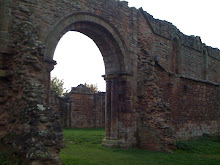




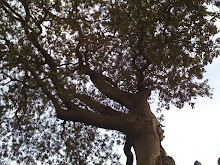



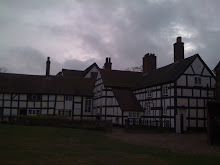

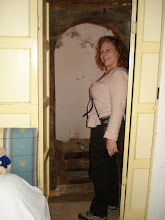
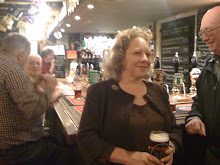
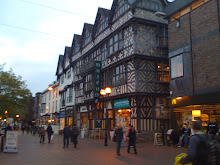
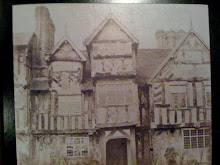


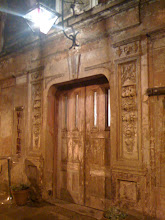
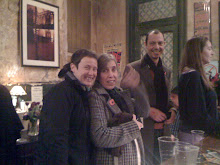


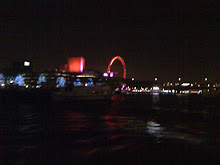

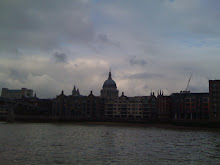
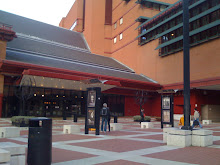

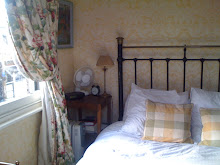






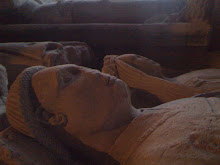
Such a beautiful bell. It puts me in mind of the great bell of Mossflower, made by Joseph the Bellmanker.
ReplyDelete